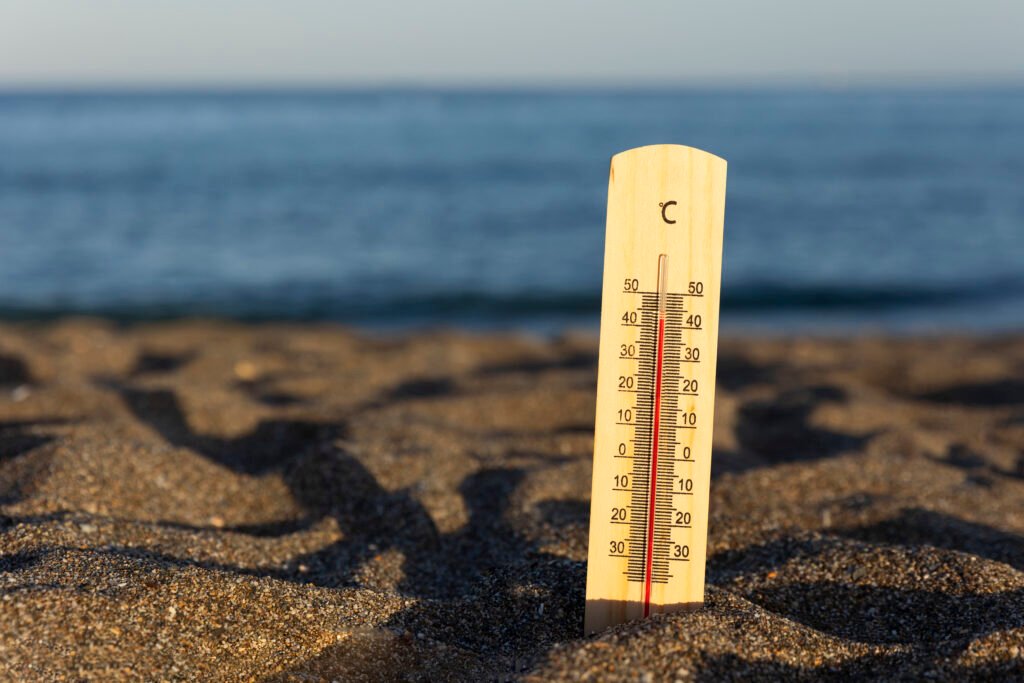As the mercury rises, the risk of heat-related illnesses becomes a pressing concern. AB First Aid Training is here to guide you through effective strategies to manage heat-related issues, ensuring you stay cool and confident in any scorching situation.
Beat the Heat: Your Comprehensive Guide to Managing Heat-Related Illnesses
Recognizing the Signs of Heat-Related Illnesses:
Understand the symptoms of heat exhaustion and heatstroke, and learn to distinguish between the two. AB First Aid Training offers insights into early warning signs that could save a life.
First Aid for Heat Exhaustion:
Explore practical techniques for assisting someone experiencing heat exhaustion, from moving them to a cooler place to providing hydration. Our courses emphasize quick and effective responses to prevent the condition from escalating.
Emergency Measures for Heatstroke:
Delve into the immediate actions required when confronted with a heatstroke situation. AB First Aid Training provides hands-on training to ensure you are equipped to handle these emergencies confidently.
Preventing Heat-Related Issues:
Learn proactive measures to prevent heat-related illnesses, from staying hydrated to recognizing the importance of breaks in hot environments. Our courses emphasize the importance of prevention in addition to effective response.
Conclusion:
In the scorching heat, being armed with the knowledge to manage heat-related illnesses is as crucial as staying hydrated. AB First Aid Training is committed to preparing you to handle hot weather challenges with confidence.
Ready to stay cool under pressure? Book a course with AB First Aid Training today. Call us at 03 8364 8984 or visit www.abfirstaid.com.au to secure your spot.
How do you stay cool during hot weather, and what steps would you take if someone around you showed signs of heat-related distress? Share your experiences below and let’s beat the heat together.
Questions for Reflection:
- Can you recall a situation where avoiding a common first aid mistake could have improved the outcome?
- How can enhancing your first aid knowledge contribute to a safer community?
Sources:
Australian Government Bureau of Meteorology. (www.bom.gov.au)
Better Health Channel – Victoria State Government. (www.betterhealth.vic.gov.au)
Australian Red Cross. (www.redcross.org.au)
Sports Medicine Australia. (www.sma.org.au)


